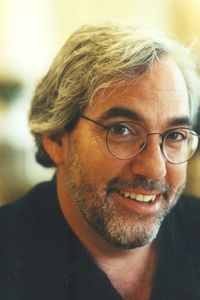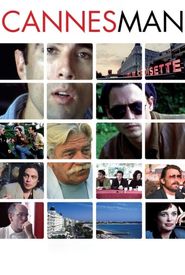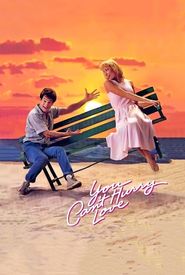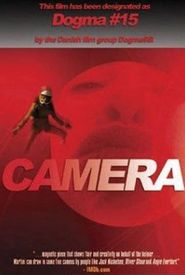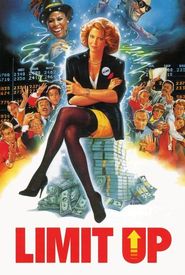Richard Martini, a multifaceted writer and director, began his career in the film industry as an assistant to renowned director Robert Towne after graduating from the University of Southern California's prestigious Film School.
Martini's early work, a short film titled "Special Olympian," premiered in 1979 and went on to win the Grand Prize at the Mexico City International Film Festival in 1980.
He soon gained recognition for his work on the feature film "My Champion," followed by the critically acclaimed "Three for the Road" in 1987.
In the late 1980s, Martini wrote and directed "You Can't Hurry Love" and "Limit Up," solidifying his reputation as a talented and versatile filmmaker.
The 1990s saw Martini's continued growth as a writer and director, with the release of "The Point of Betrayal" in 1995, which he scored and directed. He also co-wrote and directed the film "Cannes Man" in 1996.
In the 2000s, Martini explored new creative outlets, writing the screenplay for "My Faraway Bride" in 2006 and directing documentaries in Morocco, India, and Tibet.
One of his most notable projects was the creation of a previsualization process for visualizing a film in preproduction, which he used for the films "Amelia" in 2009 and "Salt" in 2010. Martini worked as an associate to director Phillip Noyce on these projects.
In 2012, Martini wrote, produced, and directed the documentary "Flipside: A Journey Into the Afterlife," based on his best-selling book of the same name.
Throughout his career, Martini has been married and resides in Santa Monica, California.
